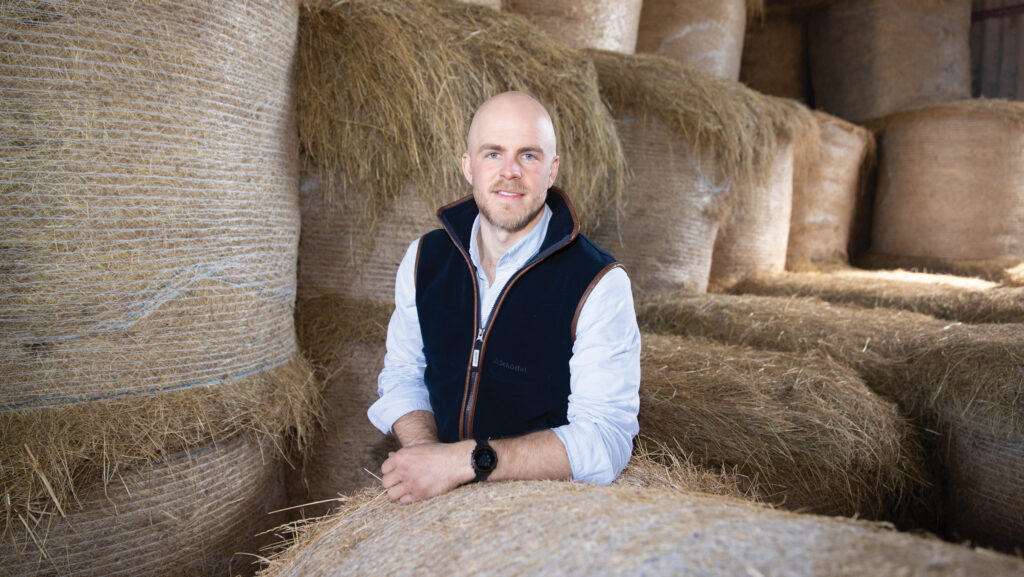James Herrick: Lynx reintroduction is ‘idealistic’
 © Tim Scrivener
© Tim Scrivener I saw it, rolled my eyes and thought to myself: “Here we go again.” The headline read “Environmental groups pledge to reintroduce lynx”.
This might surprise you as I’m not anti-lynx (or any other large predators), but these calls to reintroduce animals don’t account for the reality on the ground.
I would love to live in an environment where wolves, bears, lynx etcetera roamed wild across a landscape, but the British Isles isn’t the place to make this happen.
The argument for reintroduction usually stems from using them to control the overpopulation of deer. On paper a great idea, in reality not so straightforward. And here’s why.
See also: James Herrick – exercise gives me mental clarity
First, we don’t have the landscape to support a healthy population.
Lynx are a solitary animal with a home range of between 120-1,800sq km for males and 80-500sq km for females depending on altitude, with little overlap with members of the same sex.
Considering they prefer large contiguous areas of high elevation forest, they probably wouldn’t have big enough numbers to create sustainable population dynamics.
Next, think of the human/animal conflict. If I asked you to catch a wild deer or a sheep with your bare hands, which would you pick?
When a wild animal is looking for a meal, they always take the easy option. Their goal is to get the maximum nutrition with the minimum expenditure of energy.
They are bound to be at loggerheads with sheep farmers and shepherds.
So now we have lynx and out-of-pocket sheep farmers. We hear enough from the public about farm subsidies as it is.
Do you really think that they are going to want to increase their tax contribution to fund sheep depredation?
In Wyoming, every wolf kill is treated as one in three, because for every one you find, there’s likely two you didn’t.
I’m sure we haven’t heard the end of this debate, especially as the majority of those calling for reintroduction aren’t the ones likely to suffer its consequences.
We live in one of the most nature-depleted countries in the world, however, so maybe we should concentrate on stopping the bleed before we attempt idealistic reintroductions.


